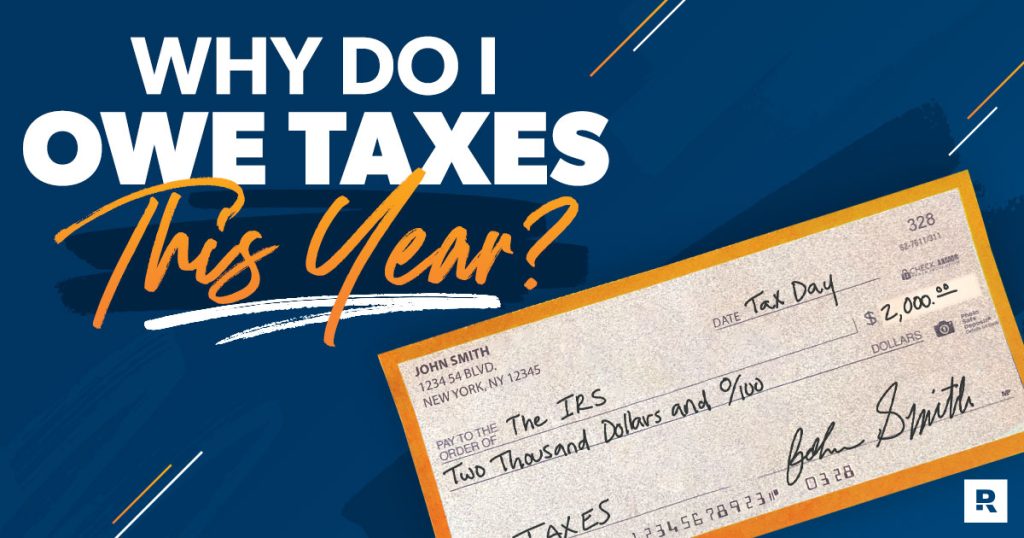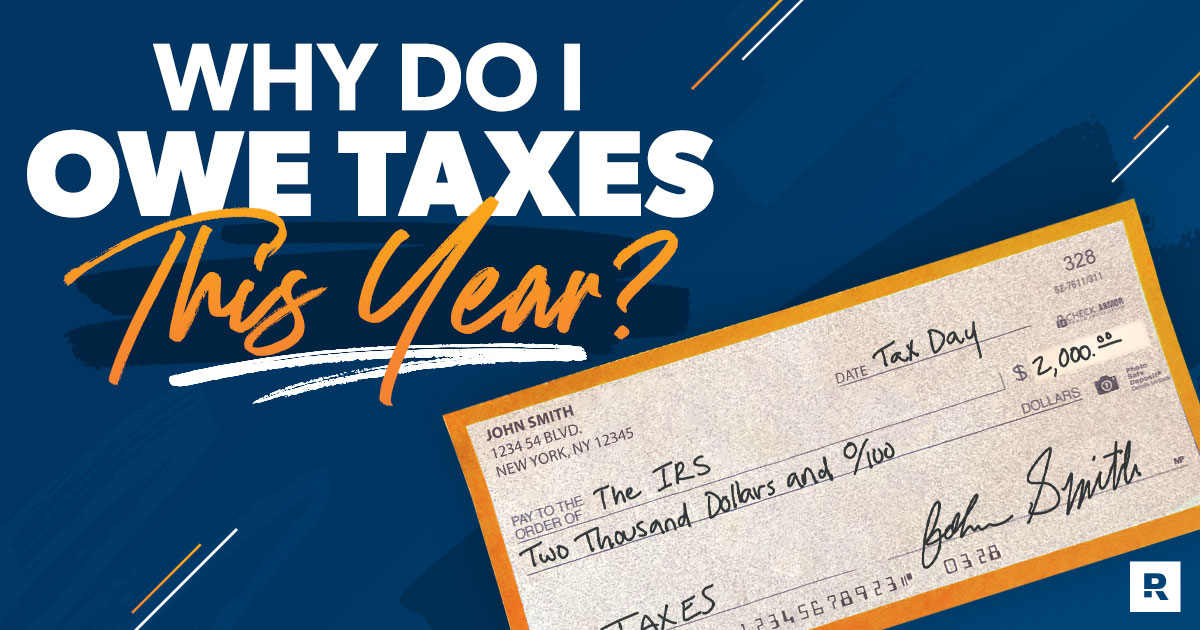People and businesses are getting ready to submit their taxes as tax season draws near. But even as you wait for possible returns, you should be mindful of the several circumstances that can result in debt to the Internal Revenue Service (IRS). 
Photo from: Ramsey Solutions
Factors Contributing to Potential Tax Liability
As 2023 draws to a close, considerations for the upcoming tax season become crucial to avoid unexpected financial burdens. Whether facing a tax refund or a potential bill from the Internal Revenue Service (IRS), individuals need to be aware of factors that may contribute to owing money. Several reasons, such as changes in income, modifications to withholding status, and engaging in freelance work, can impact the amount owed. Proactive preparation is essential to minimize the financial impact and ensure compliance with tax obligations.
Many factors, such as modifications to tax legislation or changes in personal circumstances, could result in a tax liability rather than a refund. Taxpayers can manage the filing process more skillfully and steer clear of unforeseen financial liabilities to the IRS by being aware of these variables.
Various circumstances may lead to owing money to the IRS in 2024. Changes in income, including salary increases or additional income from side gigs, can elevate individuals into higher tax brackets. Altering the withholding status on the W-4 form can also influence the final tax bill, necessitating careful adjustments to avoid underpayment penalties. Freelancers, small business owners, or independent contractors face unique tax responsibilities, requiring quarterly estimated tax payments to prevent a significant year-end tax bill. Additionally, withdrawals from retirement accounts, receipt of unemployment benefits, and changes in residency can contribute to tax liabilities.
READ ALSO: 9 Reasons You Might Owe Money to the IRS This Tax Season
Proactive Strategies for a Smoother Tax Season
In light of the approaching 2024 tax filing season, individuals are encouraged to proactively strategize for a smoother experience. Regularly reviewing and adjusting withholding status, staying informed about tax regulations in different states, and maintaining awareness of changes in income are essential steps. Freelancers and small business owners should diligently make quarterly estimated tax payments.
Overall, cultivating good tax habits and staying informed about potential tax implications can contribute to a more manageable and predictable tax season.
READ ALSO: Best Debit Cards for Kids and Teens in December 2023: GoHenry, BusyKid and More




